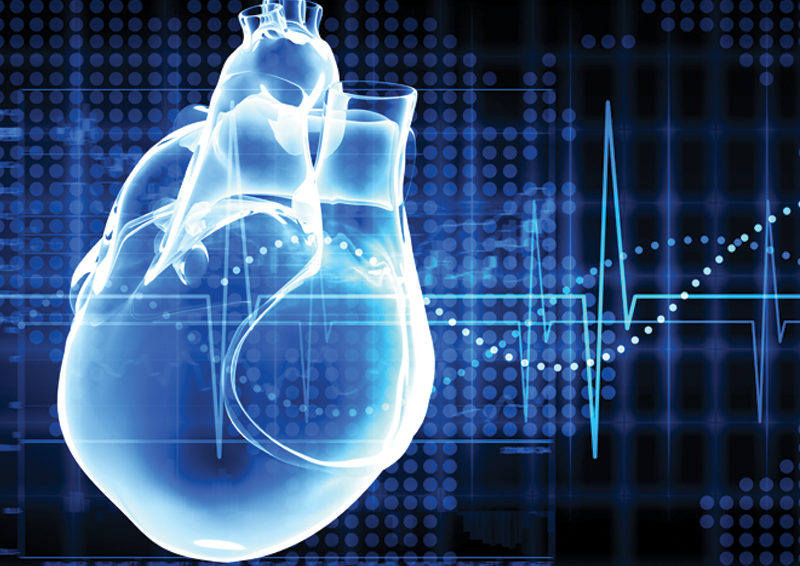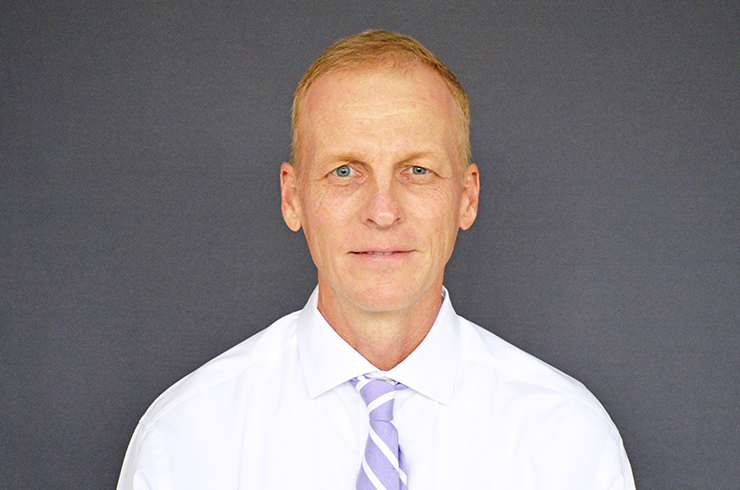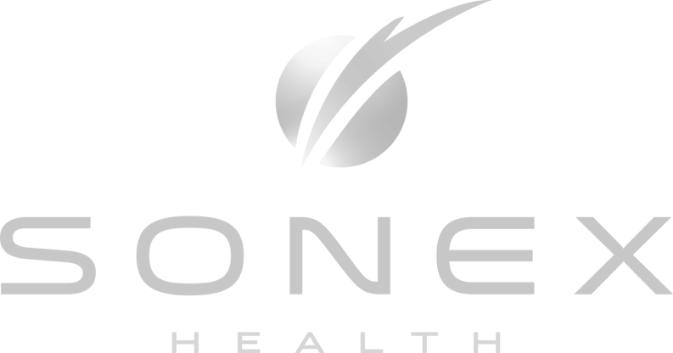Cardiac Imaging is critical in assessing heart function.
Our Team Includes Top Physicians in the Field.
Using cardiac imaging to assess the structure and function of the heart is critical to the successful management of any cardiac disorder. We are dedicated to working with you and your physician to help make a diagnosis and provide the care you need.

Our Services
CT Angiography
CT Angiography (CTA) is used to examine blood vessels and the organs supplied by those blood vessels in various body parts, including the brain, neck, heart, chest, abdomen (kidneys, liver, etc.), pelvis, legs, feet, arms, and hands.
Physicians use this test to diagnose and evaluate many diseases of blood vessels and related conditions such as injury, Aneurysms, blockages (including those from blood clots or plaques), disorganized blood vessels & blood supply to tumors, and congenital (birth related) abnormalities of the heart, blood vessels or various parts of the body which might be supplied by abnormal blood vessels.
Physicians also use this exam to check blood vessels following surgery. For example, a CT Angiography can identify abnormalities, such as aneurysms, in the aorta, the chest, abdomen, or in other arteries. In addition, this test can also identify a small aneurysm or arteriovenous malformation (abnormal communications between blood vessels) inside the brain or other parts of the body and identify dissection or splitting in the aorta in the chest or abdomen or its major branches.
CTA can detect atherosclerotic (plaque) disease in the carotid artery of the neck, which may limit blood flow to the brain and cause a stroke. This test can also detect atherosclerotic disease that has narrowed the arteries to the legs and even help prepare for endovascular intervention or surgery. Additionally, CTA can detect disease in the arteries to the kidneys or visualize blood flow to help prepare for a kidney transplant. Detection of injury to one or more arteries in the neck, chest, abdomen, pelvis or extremities in patients after trauma is also possible using CTA.
CTA’s guide interventional radiologists and surgeons making repairs to diseased blood vessels, such as implanting stents or evaluating a stent after implantation and evaluate arteries feeding a tumor prior to surgery or other procedures such as chemoembolization or selective internal radiation therapy. They also show the extent and severity of the effects of coronary artery disease and plan for a surgical operation, such as a coronary bypass and stenting. When examining pulmonary arteries in the lungs to detect pulmonary embolism (blood clots, such as those traveling from leg veins) or pulmonary arteriovenous malformations, your doctor might use this procedure to look at congenital abnormalities in blood vessels, and help evaluate obstructions of vessels
Cardiac MRI
Cardiac Magnetic Resonance Imaging (MRI) is performed to help your physician detect or monitor cardiac disease by evaluating the anatomy and function of the heart chambers, valves, size, blood flow through major vessels, and surrounding structures such as the pericardium (the fluid filled sac that surrounds the heart).
It is also used to diagnosing a variety of cardiovascular (heart and/or blood vessel) disorders such as tumors, infections, and inflammatory conditions. This procedure can evaluate the effects of coronary artery disease, such as limited blood flow to the heart muscle and scarring within the heart muscle after a heart attack.
An MRI can plan your treatment for cardiovascular disorders and monitor the progression of certain disorders over time.
Cardiac Morphology
Cardiac Morphology is used to evaluate the function and motion of the heart. By using this Superior Spacial Resolution MRI, this test looks at the moving chambers and values of the heart. This noninvasive Cardiac study includes (but is not limited to) patients with previous heart attacks.
Cardiac Nuclear Medicine
Nuclear medicine is a branch of medical imaging that uses small amounts of radioactive material to diagnose and determine the severity of a disease or treat a variety of diseases and other abnormalities within the body. Cardiac nuclear medicine is useful in diagnosing and assessing coronary artery disease.
It is also used to evaluate cardiomyopathy and identify possible damage to the heart from chemotherapy or radiotherapy. Nuclear medicine imaging procedures are noninvasive, and with the exception of intravenous injections, are usually painless medical tests that help physicians diagnose and evaluate medical conditions.
These views allow the information leading to more precise information and accurate diagnoses. Cardiac nuclear medicine exams provide pictures of the distribution of blood flow to the heart muscle and function of the heart
Meet the Cardiac Imaging Team
Doctors
Our doctors are specialists. Click on their pictures above to learn more about their area of expertise and education.
Hear from our Patients
Our experts are specifically trained to assess a diverse range of medical conditions, ensuring a detailed discussion on the most effective diagnostic procedures and optimal treatment plans.
This approach provides our patients with a comprehensive understanding of their health situation and the best pathways to recovery.
-
I had an outstanding experience at Winchester Radiology with Dr. Kia Jahed, Dr. Arastu, and their incredible team. From the moment I walked in, I was met with professionalism, kindness, and efficiency. The facility is modern, clean, and well-organized, providing a comfortable and reassuring environment.
-
"They were very accommodating and went above and beyond to help get a badly written order sorted out and give me the services I really needed."
-
"Very caring and knowledgeable staff"
-
"Amazing staff! Wonderful experience from signing in at the front desk to the discharge from procedure. Very caring group of people."
-
"Dr. Jahed is a wonderful physician. I was seen by him for pain in my thumb caused by internal swelling around the connection to the hand. He explained what was causing my pain and the best treatment. He gave me my second injection today, my first one was about 5months ago. When he gives the injection, it is not painful at all. He listens and explains things very well. I recommend Dr. Jahed highly - a wonderful physician."
-
"So nice to be in a doctor's office where the patient is everyone's concern. Had my 3rd hip flexor injection yesterday. Have never felt a thing with any of the procedures. I'm always being asked if I'm comfortable. The answer is always yes."
-
"I found the receptionist to be friendly and courteous, a very clean space, was taken back within 5 minutes of arrival, staff was very friendly and courteous, the Dr was very thorough and answered our questions. I give it 5 stars!"









